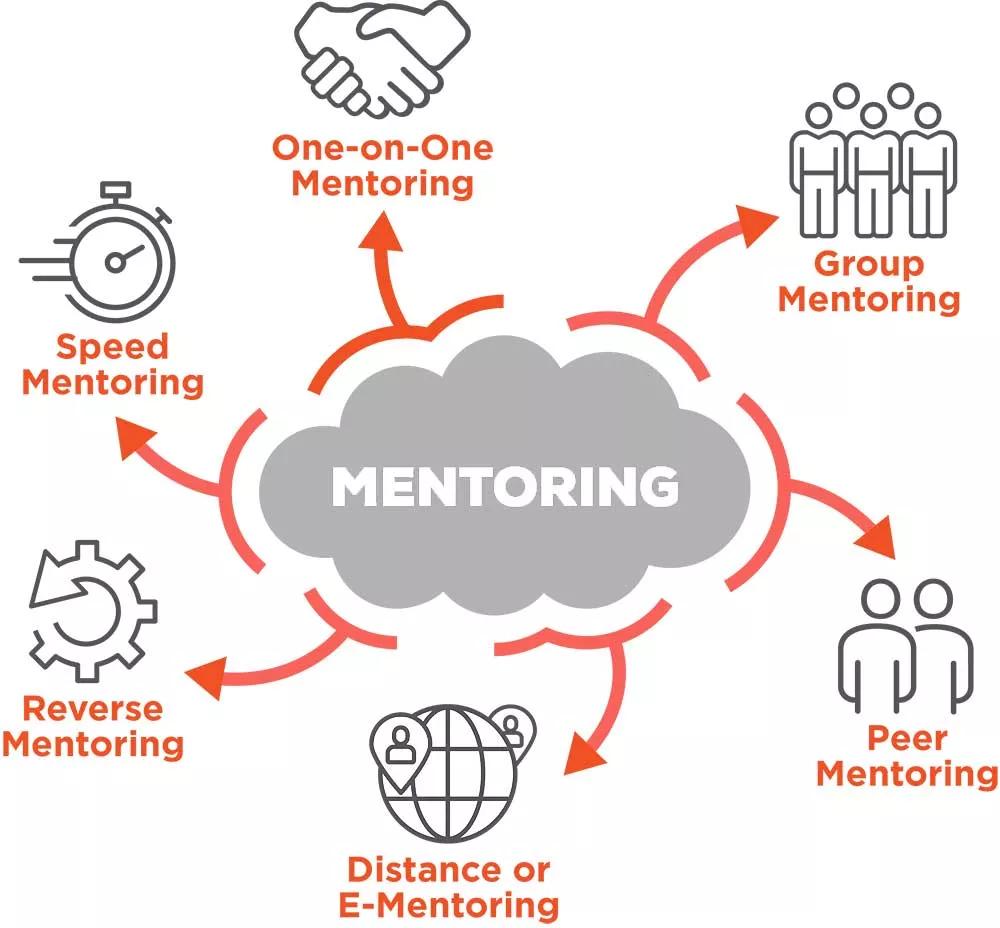In the vibrant world of education, whether you're guiding a classroom full of eager minds, mentoring a budding professional, or nurturing learning at home, one truth remains constant: our role is ever-evolving. The traditional image of an educator, standing at the front of a room delivering facts, is giving way to a more dynamic, multifaceted identity – that of a facilitator, a guide, and most powerfully, a mentor.
This shift isn't just a trend; it's a reflection of a world that demands critical thinking, adaptability, and a lifelong love of learning. For teachers, mentors, and homeschoolers alike, understanding and embracing this evolution is key to fostering truly impactful learning experiences.
The Classroom as a Launchpad, Not a Lecture Hall
For classroom teachers, the challenge and opportunity lie in transforming the learning environment. It's less about rote memorization and more about cultivating curiosity. How can we shift from being the sole source of information to becoming navigators who help students explore, question, and discover?
Tips to be the best classroom educator:
Embrace inquiry-based learning: Instead of providing all the answers, pose compelling questions that spark investigation and critical thinking.
Foster collaboration: Encourage peer-to-peer learning, where students teach and learn from each other, mirroring real-world teamwork.
Integrate technology thoughtfully: Use digital tools not just for consumption, but for creation, problem-solving, and connecting with diverse resources.
Prioritize student well-being: Acknowledge and address the emotional and social needs of your students. A positive, supportive classroom environment is foundational to effective learning.
Mentorship: The Heartbeat of Growth
Mentors, whether in a professional setting or guiding a younger individual, inherently understand the power of personalized guidance. Your role is to illuminate pathways, share wisdom, and empower others to find their own solutions.
Tips to be the best mentor:
Listen actively and empathetically: True mentorship begins with understanding the mentee's unique challenges, aspirations, and learning style. Ask open-ended questions and listen to their responses.
Share experiences, not just advice: Relate your own journey, including failures and lessons learned, to build trust and provide relatable context. Authenticity goes a long way.
Encourage self-reliance and critical thinking: Guide them to discover their own strengths and develop their problem-solving skills, rather than simply providing them with solutions. Empower them to find their own way.
Provide constructive, actionable feedback: Be specific and focus on behaviours or skills that can be improved, always with a supportive and encouraging tone.
Homeschooling: Homeschooling parents truly embody what it means to be a modern educator. You are more than just teachers; you’re ongoing mentors who adapt to each child’s individual strengths, spark natural curiosity, and create a customized educational path.
Tips to be the best home-schooling educator:
Lean into interests: Use your child's passions as a springboard for deeper learning across various subjects. When learning is fun and relevant, it sticks.
Cultivate a growth mindset: Celebrate effort and progress, viewing challenges as opportunities for learning, not roadblocks. Model perseverance and a love for continuous improvement.
Seek external resources and communities: Connect with other homeschoolers, utilize online platforms, and explore local opportunities (museums, classes, co-ops) to enrich the learning experience and prevent burnout.
Embrace flexibility and adaptability: Homeschooling allows for a dynamic approach. Be prepared to adjust your plans based on your child's needs, interests, and even unexpected learning opportunities that arise.
The Unifying Thread: Cultivating Lifelong Learners
What unites teachers, mentors, and homeschoolers in this evolving landscape is a shared commitment to nurturing lifelong learners. It's about equipping individuals with the skills to navigate an ever-changing world, to think critically, adapt, and continue growing long after formal instruction ends.
By taking on the roles of facilitators and mentors, we equip the next generation not only to gain knowledge but to deeply understand, innovate, and excel. Let’s keep exchanging insights, learning from each other, and celebrating the remarkable influence we have in shaping minds and futures.

Comments